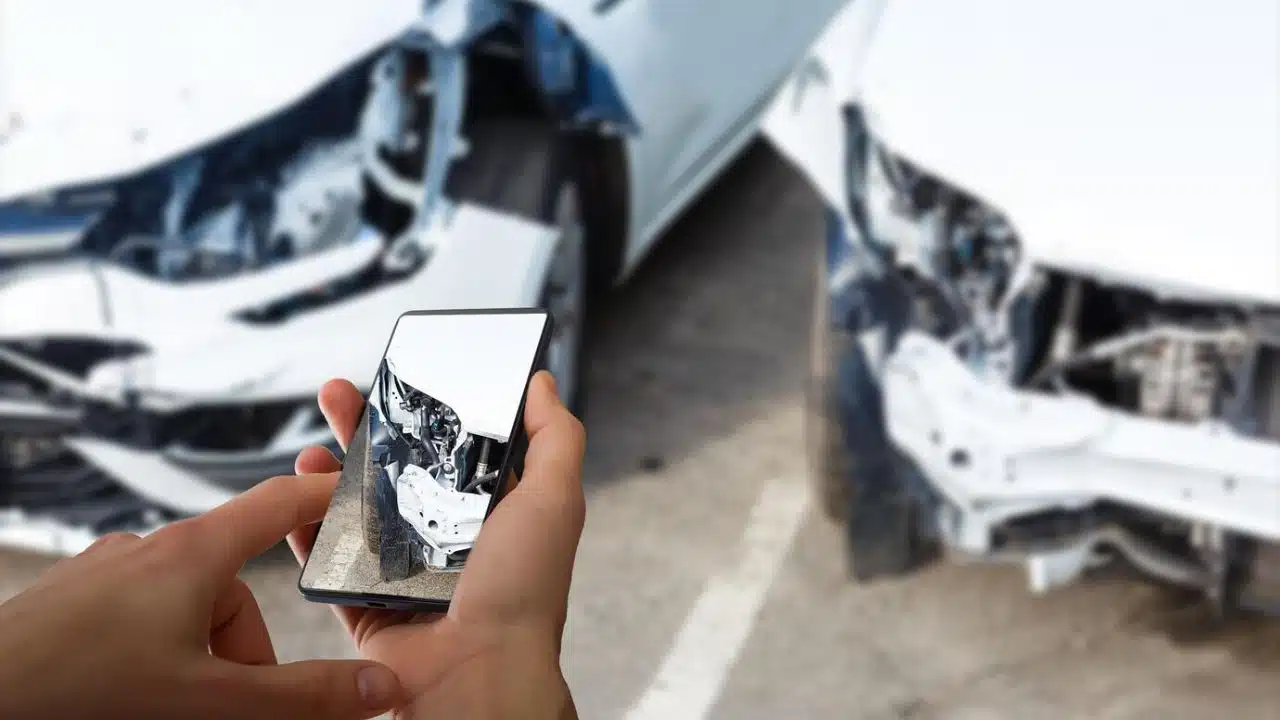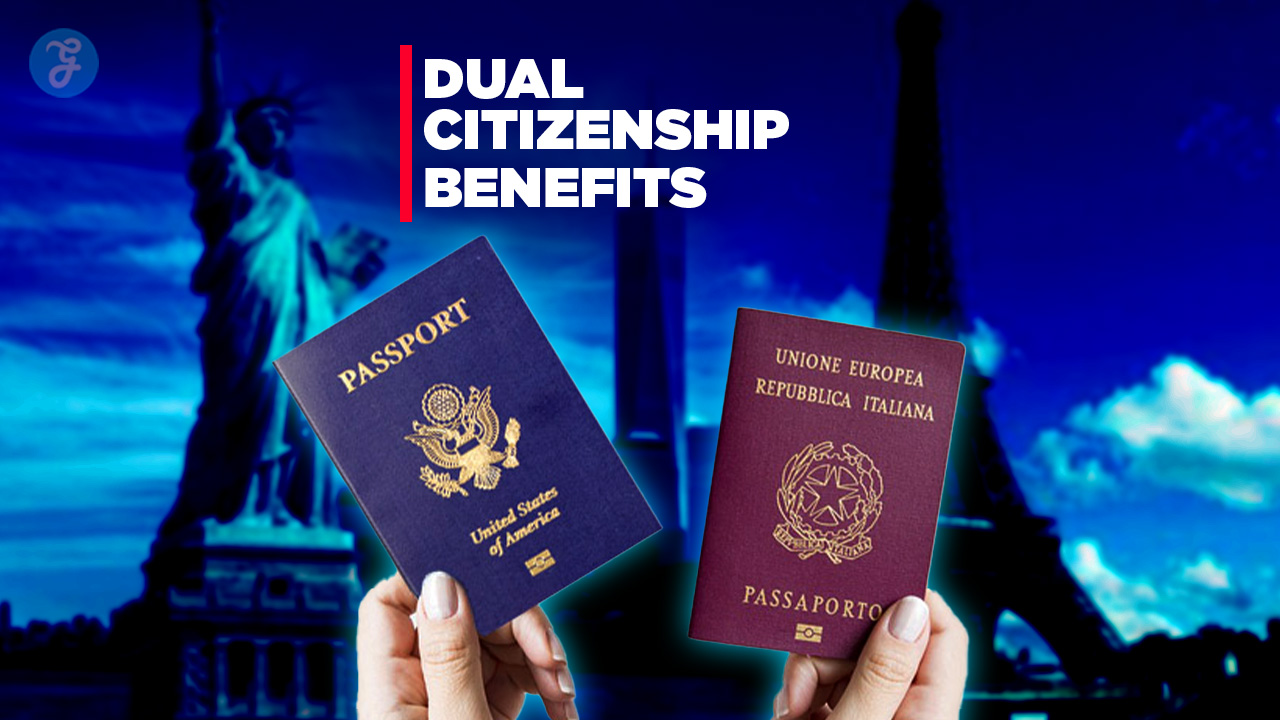In today’s digital world, social media plays a huge role in our daily lives. Whether it’s posting updates on Facebook, sharing photos on Instagram, or tweeting about recent events, most people use social media to stay connected.
If you’ve been involved in a car accident and are pursuing a personal injury claim, social media could work against you. Insurance companies and defense attorneys may scrutinize your posts to find anything that could undermine your claim.
Below, you can learn more about how using social media can hurt your car accident case, and what you can do to protect it.
1. Your Posts Can Be Used Against You
After a car accident, you might be tempted to update friends and family about your situation on social media. However, even an innocent statement like “I’m fine” or “I feel okay” can be taken out of context by insurance companies to minimize your injuries. If you later claim severe pain or emotional distress, opposing parties may use your posts to argue that your injuries are not as serious as you said.
2. Photos and Videos Can Contradict Your Injury Claims
Social media is filled with photos, videos and check-ins that document people’s daily lives. If you post a picture of yourself at a social gathering, on vacation or taking part in physical activities after your accident, the defense may argue that you are not as injured as you claim. Even if the photo was taken before the accident or you were merely posing for a picture, it can still be misinterpreted and used against you.
3. Posts From Friends and Family Can Also Hurt Your Case
Even if you avoid posting about your accident, your friends and family might unknowingly harm your claim by tagging you in posts or uploading pictures of you engaging in activities. If a friend tags you in a post about a recent outing, the insurance company might argue that you are physically capable of participating in social events, contradicting your claims of pain and suffering.
4. Insurance Companies and Defense Lawyers Monitor Your Social Media
Insurance adjusters and defense attorneys often investigate claimants’ social media accounts to find evidence that could be used to dispute their claims. They may look for inconsistencies between what you say in your claim and what you post online. Even private accounts are not entirely safe, as courts can grant access to private social media content if it is relevant to the case.
5. Check-Ins and Location Data Can Be Misleading
Social media platforms often track your location and allow you to “check-in” at different places. If you claim that your injuries prevent you from traveling or engaging in physical activities, but your social media indicates otherwise, it can create doubt about the validity of your claims. Insurance companies may use this information to challenge your credibility.
6. Deleted Posts Are Not Always Gone
You may think that deleting a post will remove it from existence, but this is not always the case. Insurance companies can still retrieve deleted posts through screenshots, archives or legal requests. Additionally, attempting to delete content related to your case could be seen as an attempt to destroy evidence, which may hurt your claim even more.
7. Private Messages May Not Be Safe
Many people believe that private messages on social media are confidential, but in some cases, courts may order these messages to be disclosed. If you discuss your accident, injuries or case details in private messages, that information could still be used against you in court.
How to Protect Your Car Accident Claim from Social Media Posts
Given the potential risks of social media, Charleston car accident lawyers recommend taking the following steps to protect your claim:
- Avoid Posting About Your Accident: Refrain from discussing any details of your accident, injuries or legal proceedings on social media.
- Limit Social Media Activity: Consider taking a break from social media until your claim is resolved to prevent any unintended harm.
- Adjust Privacy Settings: While privacy settings do not guarantee full protection, setting your accounts to private can help limit who can see your posts.
- Ask Friends and Family Not to Tag You: Inform your close contacts about your legal case and request that they avoid tagging you in posts or sharing information about your activities.
- Do Not Accept New Friend Requests: Be cautious about accepting friend requests from people you don’t know, as insurance companies sometimes create fake profiles to gain access to claimants’ social media.
- Consult Your Attorney: If you are unsure whether something you posted could harm your case, consult your attorney before taking any action.
By being mindful of what you post and following best practices, you can help protect your claim and ensure that you receive the compensation you deserve. If you have any doubts, it’s always best to consult with your personal injury attorney before posting anything online.






































